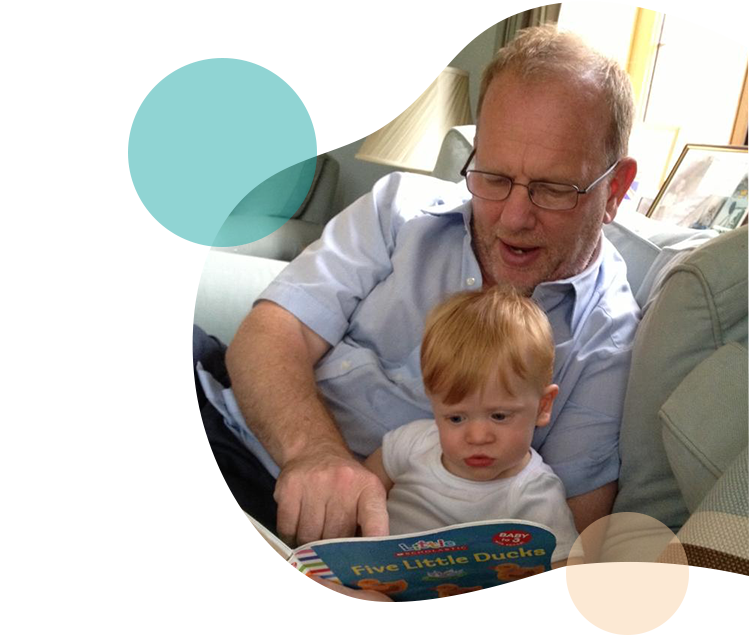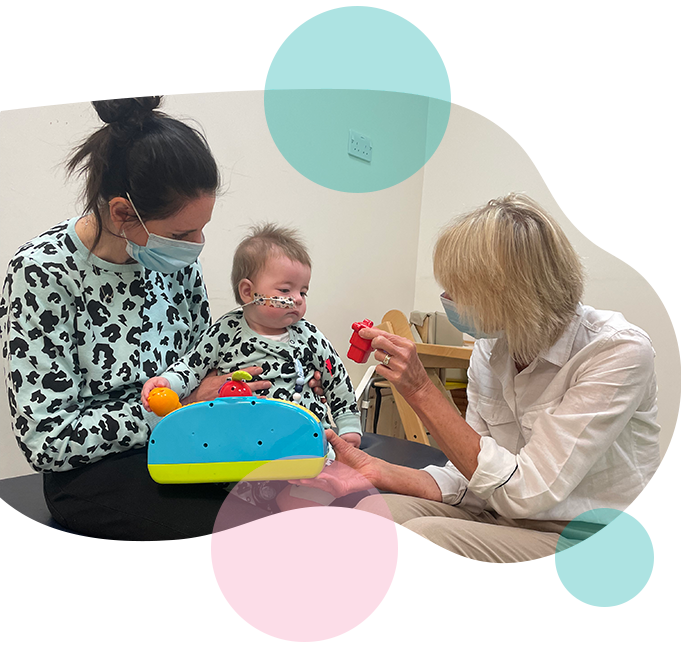What does the Attention and Regulation thread involve?
Attention is described as achieving and maintaining an alert state, and is crucial for learning, concentration and language development.
Self- regulation is also an important skill, essential for social-emotional development and early learning. Regulatory skills cover many different areas, but include our ability to manage all our different body systems such as breathing, and sleep and awake cycles, so that we can interact and respond to our environment and the people in it.
High risk infants may experience challenges with attention and regulation, for example:
- Difficulties with dealing with sensory stimuli – maybe being under or overly responsive
- Disturbances in sleep
- Difficulties with feeding
- Difficulties with mood regulation
- Anxiety or fearfulness
How successful infants are at influencing their attentional and regulatory processes can dictate their subsequent emotional health, academic achievement, language development and behavioural development.

